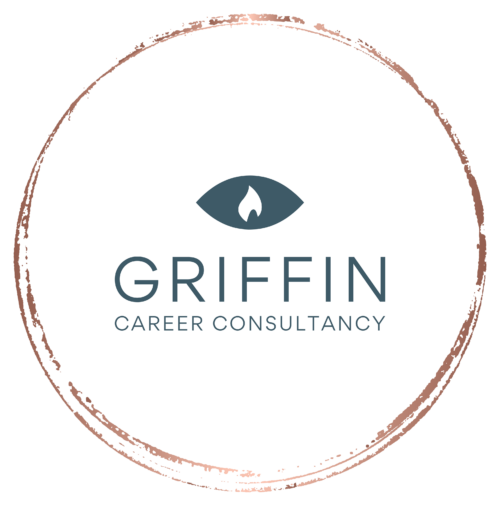Through my work providing Career Guidance to adults. I regularly see clients looking to make a change due to a toxic work environment and I have noted some common themes, which are:
Personality Clashes
You can’t pick your colleagues. And the workplace is most likely the place you are going to interact with people who have different views, ethics and drives than you. This diversity greatly enhances a work environment but you have to learn how to adapt your perception. Most of us will experience a clash with a colleague at some point. If managed correctly there is no harm in personality clashes, it can be a positive to bring differing views to certain situations. However, if you are experiencing a personality clash with a manager or someone more senior this can have additional challenges.
Micromanaging
A manager who is looking over your shoulder and must be involved in every facet of your work. Will only make employees feel distrusted and leads to them questioning their abilities. This does not allow for physiological safety which of course needs to be present in any functional work environment.
Gaslighting
As a career coach I have heard several examples of gaslighting in the workplace. Such as people advising on how a job was to be done only to deny it when questioned. Setting you up to fail and leading you to question yourself.
Office Politics
I hear this time and time again –a person was only appointed to the role because of office politics. Which makes other employees feel as if they can’t progress unless they are willing to sacrifice authenticity to play the political game.
Unrealistic Expectations
Constant accessibility and unrealistic expectations creates a breeding ground for toxicity. Contacting employees outside of work hours is now commonplace. This is fueled by technology, and setting impossibly high standards without considering capacity or the inevitability of human error further exacerbates this issue.
No Boundaries
It can be a bonus to have friends in work. However, when combined with some of the factors above it can lead to proliferation of office gossip which heightens toxicity.
Within a toxic work environment there is an absence of psychological safety. Psychological safety, a term coined by Harvard Professor Amy Edmondson, is the feeling of being able to speak up, take risks, and make mistakes without fear of negative consequences.
Working within a toxic work environment can have a huge impact on a person’s stress levels and overall mental and physical wellbeing. Understandably when consulting my clients on the next move in their career, I always advise them to consider a few factors before making the move. As rushing out of a toxic work environment can often lead to jumping out of the frying pan into the fire.
So, what should you consider:
Identifying what is within your control.
If the main reason you want to leave is down to another person in the office. Then remember you are not in control of how another person acts but you are in control of how you react to them, keep it cool and professional. Schedule time to have an open dialogue with them and look for constructive feedback. Also ask yourself the question if this person were to leave the team, the company, or the country! Would you enjoy your job with them out of the picture?
Acknowledging your strengths.
A toxic workplace can absolutely erode a person’s self-esteem. With many of my clients reporting how their confidence has been knocked greatly by this experience which if allowed to can set you back in your career down to this situation either creating or exacerbating self limiting beliefs. The first step in overcoming this is to acknowledge what you are strong at. Think back to previous roles, or throughout education etc what did you get commended for. This is factual backing up how you are competent, try getting the perspective of someone who can be objective on this. Having clarity on your strengths will help pave the next step in your career journey.
Engage with a career consultant.
a career consultant can coach you on how to deal with the situation and give you guidance in the right next step for you. Looking beyond your CV and discussing what you need for career fulfillment to get a holistic view of your career needs. A career consultant will utilise proven tools and provide expert career guidance on the complexities of career change, identifying the ideal path and tips on how to avoid toxic workplaces in future. Defining roles that fit your skills and values, setting you up for long-term success.
By Laura Griffin
Photo credit: Yan Krukau





